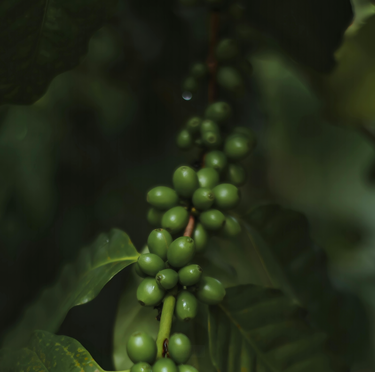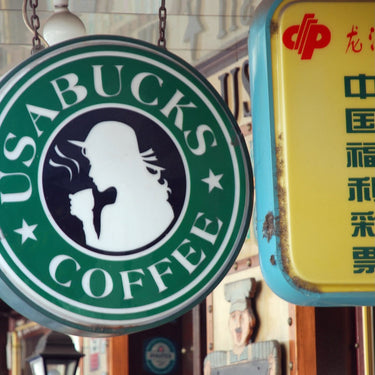TRADITIONAL
Nº 273 Uganda Clarke Farm
Country: South West Uganda
Process: Washed
Grown / Region: Kyenjojo District
Altitude: 1600m - 2500m
Varietals: Mixed Varietal
Producers: Smallholders
Tasting Notes: Black Cherry, Dark Chocolate, Port
Roast Level: Dark 5/5

Farm Notes:
The farm also grows other subsistence crops such as macadamia, eucalyptus, maize, potatoes, mangoes and oranges. And the individual smallholders are also farming bananas and beans, as well as keeping goats and poultry as livestock.
A solid, full bodied Ugandan coffee with notes of chocolate and a rich sweetness. The coffee is grown by smallholders farming only around 200 trees each.
They deliver their ripe cherries to Clarke Farm for processing, where there is a great reputation for classic flavour profiles and clean tasting coffees.
DISCOVERY
Nº 274 Costa Rica Hermosa Honey
Country: Costa Rica
Process: Honey
Grown / Region: Tarrazu
Altitude: 1500m - 1800m
Varietals: Catuai, Caturra & Obata
Producers: Coope Dota (Co-operative)
Tasting Notes: Caramel, Milk Chocolate, Cranberry
Roast Level: Medium 3/5
 Farm Notes:
Farm Notes:The varietals grown are mainly Caturra and Catuai, but some farmers are experimenting with Obata, the cross between Timor Hybrid and Villa Sarchi brought to Costa Rica from Brazil.
Costa Rican coffees are known for their quality and high sweetness.
Coffee producers here are some of the most environmentally conscious in the world - there is a national mandate to phase out 'washed' coffee, in order to leave alone local streams, rivers and waterways.
This coffee's 'honey' processing leaves some of the cherry fruit intact while drying, contributing to its sticky sweet character.





